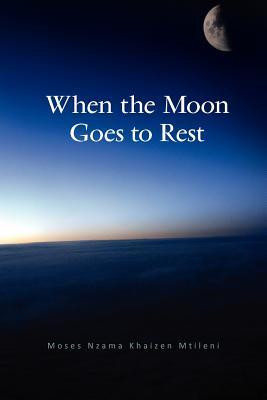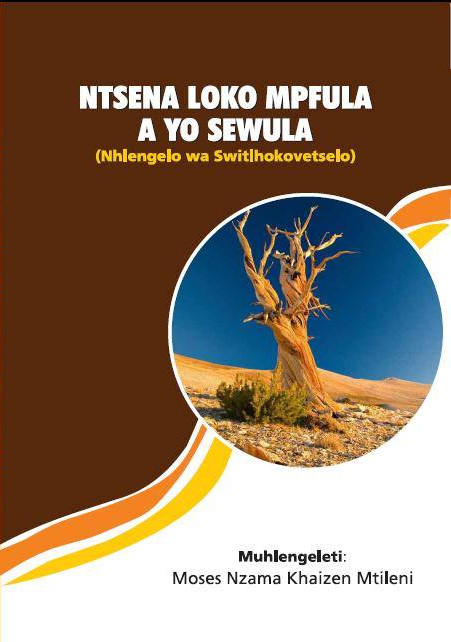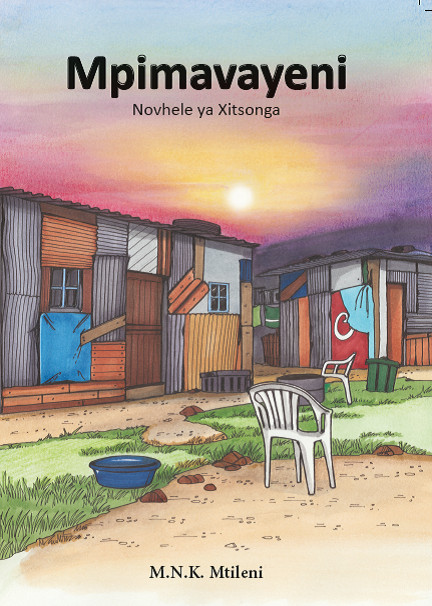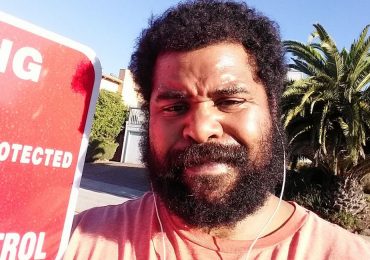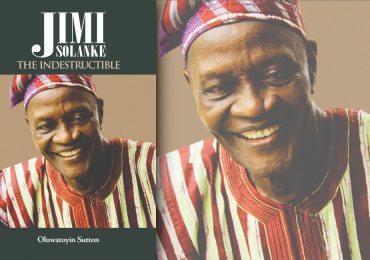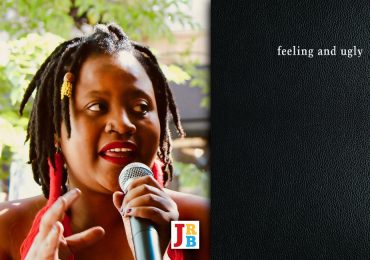Writer and publisher Moses Nzama Khaizen Mtileni has died, at the age of thirty-six.
Mtileni was shot and fatally wounded by armed men during a robbery at his home in Tembisa, Ekurhuleni, on Monday, 8 July 2019. His fiancée was injured during the attack, being shot three times, and is recovering.
Born in Ka-Nkuri village in Limpopo, on 18 June, 1983, Mtileni was a much-loved poet, who wrote in English and Xitsonga, and the founder of a publishing house, Nhlalala Books, which aimed to produce books that told ‘interesting and ignored stories, to bolster South Africa’s reading level in African languages’.
Poet Enock Shishenge told the Limpopo Mirror of the many literary projects his friend was working on, including the first Xitsonga literary prize in post-apartheid South Africa:
‘The week preceding his passing away he told me that he wanted to translate the Communist Manifesto, and he was translating Vonani Bila’s Bilakhulu into Xitsonga. He was also in the process of publishing a Xitsonga novel with Macmillan. By the time he passed on he had just finalised the Xitsonga Literary Competition, which he was going to fund personally. He was going to publish ten books in 2019.’
Mtileni had three master’s degrees: in urban planning and development economics from Wits University, and creative writing from Rhodes University. At the time of his death, he was undertaking doctoral studies in town and regional planning at Wits, while simultaneously completing a distance learning doctorate in literary studies at the University of the Western Cape.
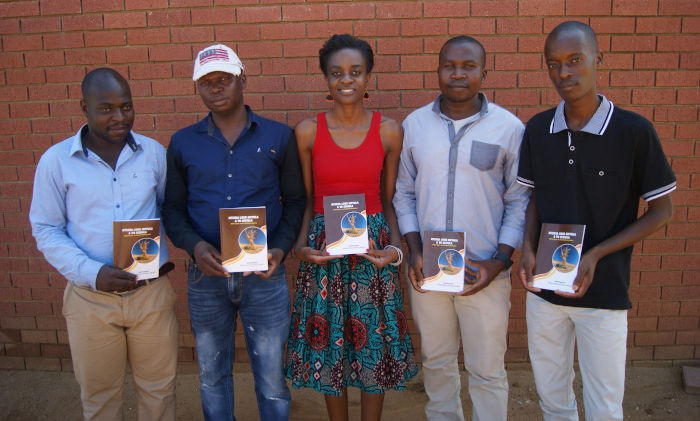
Mtileni was the author of the poetry collections U ya va Rungula and When the Moon Goes to Rest, and a novella, Mpimavayeni (loosely translated as ‘Dusk’). In 2016, he curated an anthology of Xitsonga poetry by ten young poets, Ntsena Loko Mpfula A Yo Sewula (loosely translated as ‘If Only It Could Rain’).
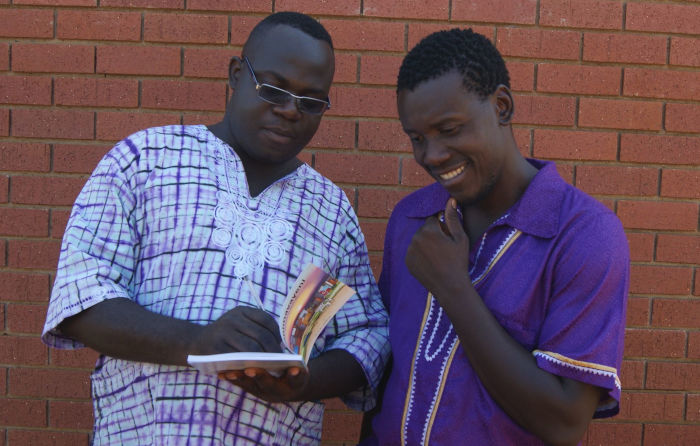
Mtileni was longlisted for the Sol Plaatje European Union Poetry Award three times, and his short stories and poems appeared in local and international journals and anthologies. He translated Ngũgĩ wa Thiong’o’s short story ‘The Upright Revolution: Or Why Humans Walk Upright’ into Xitsonga for Jalada Africa, helping it become the single most translated short story in the history of African writing, and also translated the late Peter Horn’s selected poems into Xitsonga.
In an interview with the author Tshifhiwa Given Mukwevho at the dual-launch of Ntsena Loko Mpfula A Yo Sewula and Mpimavayeni in Giyani in 2016, Mtineli said:
‘We need to make it fashionable to read and write in our own languages, because they allow us to speak more deeply about ourselves and for ourselves and with ourselves, and in doing so, to speak better to the world.’
Mtileni was a student leader in his younger days, and a political activist. He was known for his generous intellect, and his calm manner of engaging in political debate. Economic Freedom Fighters politician Floyd Shivambu paid tribute to Mtileni on social media, calling him a ‘friend, brother and academic mentor’.
‘Mtileni played a significant role in shaping the ideological and political outlook of those he led with,’ Shivambu told the Limpopo Mirror. ‘Amidst his activism and involvement in student and youth politics, he was also one of the most brilliant students.’
Vonani Bila, poet and founder of the Timbila Poetry Project, who supervised Mtileni’s MA in Creative Writing at Rhodes, paid tribute to his friend, saying:
‘He believed in hard work, justice, solidarity and equality; and cherished love and peace as values that make us better human beings. His poetry—inspired by several major poets such as the Egyptian-Greek wordsmith Constantine Cavafy and the South African James Magaisa—wasn’t meant to mislead the nation into taking up arms and stirring revolution without thinking, but to prick the consciences of those who wield power. He wanted to inspire societal development, instead of helplessly watching the forces of greed do as they wish while their actions breed a burgeoning disaster of poverty, racism and inequality.
‘Big Moss, as I fondly addressed him, was a humble giant with a trademark beard who was always willing to go the extra distance in everything he pursued in life.’
In July 2016, Asymptote Journal published a poem by Mtileni in Xitsonga, ‘Ndzi Fambile Ko Hlaya’, and an English translation, ‘I Have Gone Away Many Times’.
Listen to Mtileni’s reading of the poem in Xitsonga:
Mtileni’s poetic influences were expansive. As Vonani Bila tells The JRB, ‘A poem like “Last Will”, which he wrote in 2015, and which contains the line “when i die as i soon will”, resonates with the Peruvian poet César Vallejo’s poem ‘Black Stone Lying on a White Stone’ as well as Es’kia Mphahlele’s ‘To My People’.
‘Like Moses ordered in the poem, he was laid to rest at dawn with his people in the village. On the other hand, he couldn’t be laid in the sun for long hours of viewing because of the circumstances of his death. According to Tsonga burial rites, when some has been gunned down or stabbed, usually the corpse doesn’t enter the house—his home. It remains by the gate and is taken straight away to the grave. This practice is said to prevent further tragedies of similar nature since the dead died violently. I find this poem, like many poems by several poets, extremely prophetic.’
Last Will
i
take me home to nkuri the village of my fathers
bury me there at the village cemetery on a sunday morning
so mokhukhu from tshiawelo can march with my coffin
let me lie next to my uncle who inducted me into the church
do not wear black as your cloth of mourning
bath instead in noisy waters of the river
sweat among flaming stones of the mountain
drink of salted waters sing songs and dance
do not point a finger at anyone for my death
do not put clothes or a blanket on my grave
only wreaths and a tombstone for remembranceii
when i die as i soon will
do not leave me for long hours in the open sun
do not take me to the mortuary of cold ice and number my body
do not lock me in a small box of wood or can me like fish
put no stone or flowers on my grave
take me away at the hour when the elephants go to bath
dig me a pit wrap me in a blanket cover me in dust
sit me facing home in the east
a sharp knife placed in my left hand
and a spear in my right
for battles ahead
Mtileni was laid to rest in his home village, Ka-Nkuri, on 20 July. He leaves behind his mother, five siblings, his fiancée and three children.

